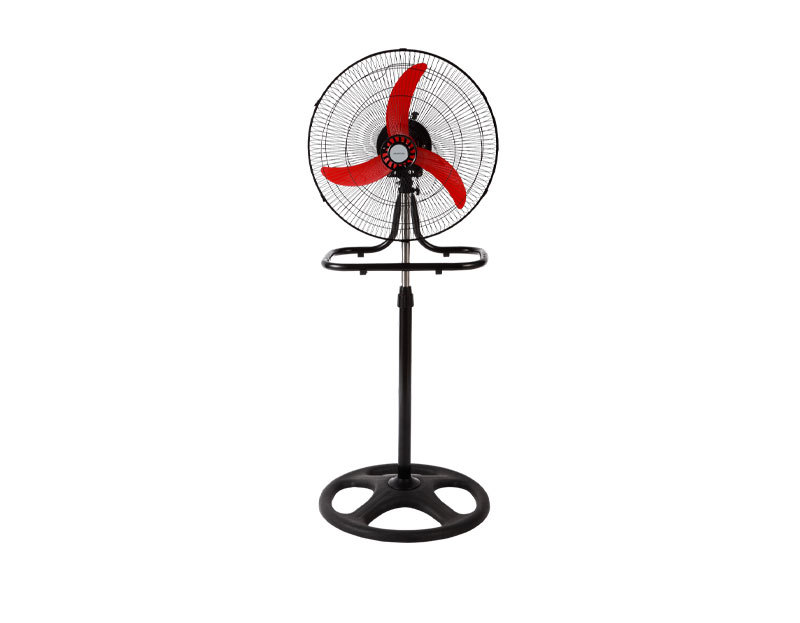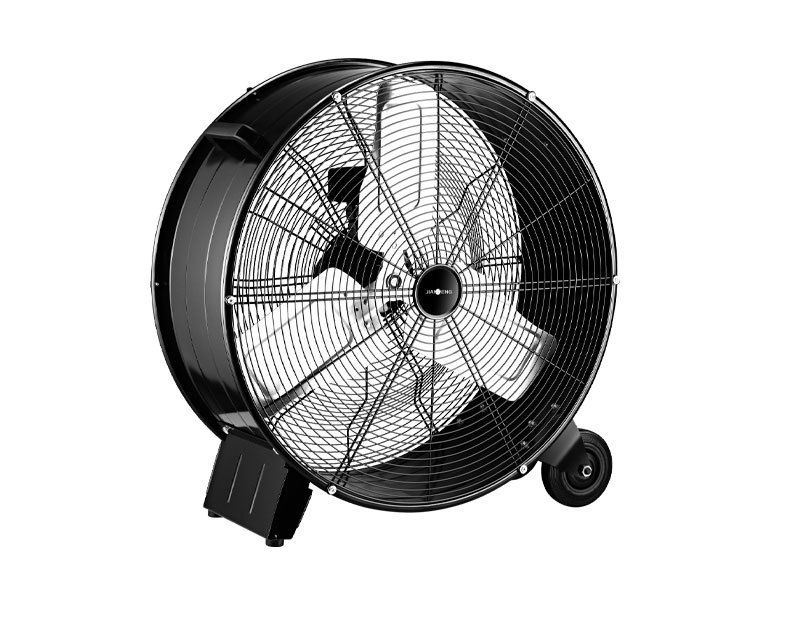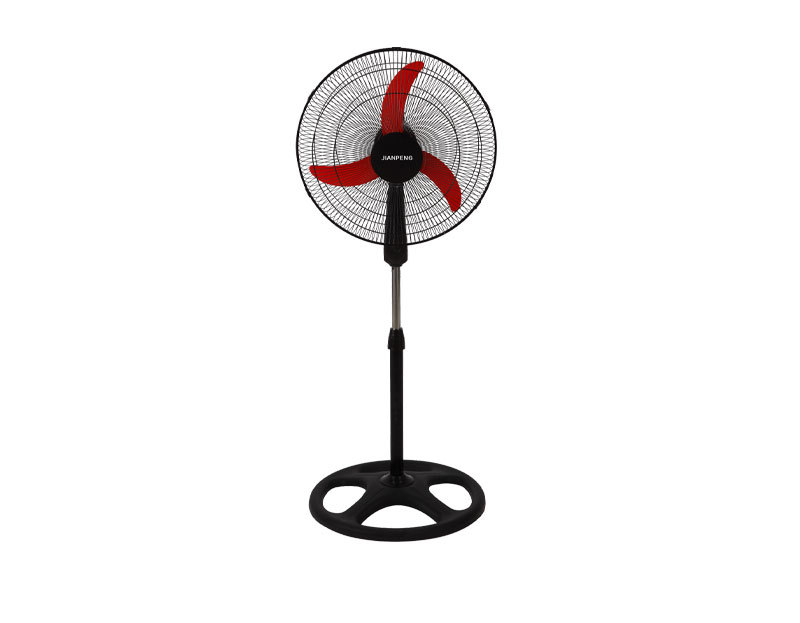News Center
2025-06-09
Efficient Cooling Solutions: Why a Classy High Speed Fan is Essential for Industrial Applications
Efficient Cooling Solutions: Why a Classy High Speed Fan is Essential for Industrial Applications
Table of Contents
- 1. Introduction to Industrial Cooling Solutions
- 2. The Importance of High-Speed Fans in Industrial Settings
- 3. Benefits of Using High-Speed Fans
- 4. Applications of High-Speed Fans in Various Industries
- 5. How to Choose the Right High-Speed Fan for Your Needs
- 6. Maintenance Tips for High-Speed Fans
- 7. Conclusion
- 8. Frequently Asked Questions
1. Introduction to Industrial Cooling Solutions
In the realm of industrial operations, maintaining optimal temperature and air quality is crucial for both equipment performance and worker safety. **High-speed fans** have emerged as an essential component of effective cooling solutions. These devices not only facilitate air circulation but also contribute significantly to energy savings and environmental comfort. Understanding the role of these fans is vital for businesses aiming to enhance productivity and reduce operational costs.
2. The Importance of High-Speed Fans in Industrial Settings
High-speed fans serve as a backbone for airflow management in industrial environments. Their ability to move large volumes of air at high velocities makes them indispensable for various applications. Whether it’s cooling machinery, ventilating workspaces, or aiding in drying processes, high-speed fans play a pivotal role in achieving optimal thermal conditions.
3. Benefits of Using High-Speed Fans
3.1 Enhanced Energy Efficiency
One of the primary advantages of high-speed fans is their **energy efficiency**. Compared to traditional fans, high-speed variants require less power to produce the same or greater airflow. This efficiency not only lowers energy consumption but also reduces operational costs, making them a preferred choice for businesses focused on sustainability.
3.2 Improved Air Circulation
High-speed fans excel at **improving air circulation** within industrial settings. They ensure that air flows evenly throughout the facility, effectively eliminating hot spots and creating a comfortable environment for both equipment and personnel. This improved circulation can enhance worker productivity by maintaining a more consistent and pleasant atmosphere.
3.3 Superior Temperature Control
Effective temperature control is crucial in industrial operations. High-speed fans assist in maintaining desired temperature levels, especially in environments that generate significant heat, such as manufacturing plants. By efficiently moving air, these fans help regulate heat accumulation, ensuring that machinery operates within safe temperature ranges.
4. Applications of High-Speed Fans in Various Industries
High-speed fans have versatile applications across multiple industries. Their robust design and functionality make them suitable for a variety of environments.
4.1 Manufacturing Facilities
In **manufacturing facilities**, high-speed fans are often employed to cool equipment, enhance airflow, and provide ventilation during processes that generate heat. They play a crucial role in ensuring that machinery operates efficiently and safely.
4.2 Food Processing Industries
The **food processing industry** relies heavily on high-speed fans for cooling and drying processes. These fans help maintain product quality by ensuring proper airflow and temperature control, which are vital for food safety and preservation.
4.3 Data Centers and Server Rooms
In **data centers**, high-speed fans are indispensable for cooling servers and electronic equipment. They help manage heat generated by high-performance computing systems, ensuring that equipment remains operational and reducing the risk of overheating.
5. How to Choose the Right High-Speed Fan for Your Needs
Selecting the appropriate high-speed fan for industrial applications involves several considerations.
5.1 Types of High-Speed Fans
Various types of high-speed fans are available, including axial fans, centrifugal fans, and mixed-flow fans. Each type has its unique advantages depending on the specific requirements of the application. **Axial fans** are ideal for applications requiring high airflow at low pressure, while **centrifugal fans** are suitable for high-pressure applications.
5.2 Size and Installation Considerations
The size of the fan is also a critical factor. It is essential to select a fan that fits the spatial constraints of the installation area while providing sufficient airflow to meet operational needs. Proper installation is equally important to maximize the fan's efficiency and longevity.
6. Maintenance Tips for High-Speed Fans
Regular maintenance is key to ensuring the longevity and efficiency of high-speed fans. Here are some tips to consider:
1. **Regular Cleaning**: Dust and debris can accumulate on fan blades, affecting performance. Regular cleaning helps maintain efficiency.
2. **Check for Wear and Tear**: Inspect fan components regularly for signs of wear. Early detection of issues can prevent costly repairs.
3. **Lubrication**: Ensure that moving parts are properly lubricated to minimize friction and wear.
4. **Monitor Performance**: Keep an eye on airflow and noise levels. Any changes can signal underlying problems that need to be addressed.
7. Conclusion
High-speed fans are indispensable tools for effective cooling solutions in industrial settings. Their ability to enhance energy efficiency, improve air circulation, and provide superior temperature control makes them essential for maintaining optimal working conditions. By understanding their benefits, applications, and maintenance requirements, businesses can make informed decisions that contribute to improved productivity and reduced operational costs. Investing in the right high-speed fan is not just about cooling; it’s about creating an environment where efficiency and comfort coexist.
8. Frequently Asked Questions
1. What are high-speed fans used for in industrial applications?
High-speed fans are primarily used for cooling equipment, improving air circulation, and ensuring proper ventilation in various industrial environments.
2. How do I know what size high-speed fan I need?
The size of the fan should be determined based on the specific airflow requirements of the application and the spatial constraints of the installation area.
3. Are high-speed fans energy efficient?
Yes, high-speed fans are designed to be energy efficient, often consuming less power to produce the same or greater airflow compared to traditional fans.
4. How often should high-speed fans be maintained?
Regular maintenance is recommended every few months, depending on the environment in which the fan operates and the level of dust and debris in the area.
5. Can high-speed fans be used in food processing?
Absolutely, high-speed fans are commonly used in food processing industries for cooling and drying applications, helping maintain food safety and quality.
By understanding these aspects, industrial facilities can leverage the benefits of high-speed fans to enhance their operational efficiency and overall functionality.
Related News
Contact Information
 sales01@gdjianpeng.com
sales01@gdjianpeng.com
 86-0757-26323793
86-0757-26323793
 http://www.gdjianpeng.com/
http://www.gdjianpeng.com/
 No.19 shuikou Cang, Chongyuan Industrial Zone, Xincun, Beijiao Town, Shunde District, Foshan city, Guangdong Province
No.19 shuikou Cang, Chongyuan Industrial Zone, Xincun, Beijiao Town, Shunde District, Foshan city, Guangdong Province
Copyright © 2022 Foshan Shunde Jianpeng Industrial Co., LTD.
Powered by:300.cn Shunde SEO
business license

 Language
Language 









 18923212913
18923212913  sales01@gdjianpeng.com
sales01@gdjianpeng.com  18923212913
18923212913  Message
Message 